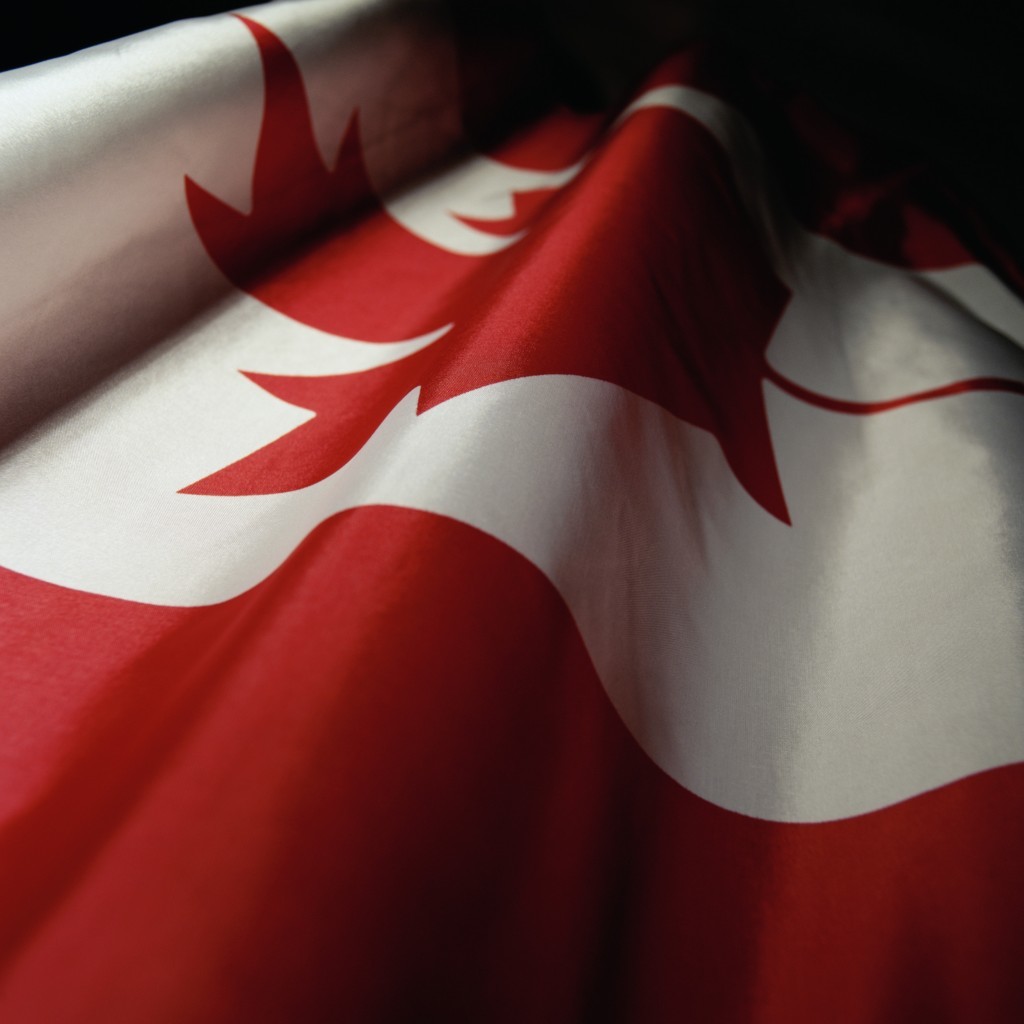
When Alberta Premier Jim Prentice took office in September, oil was at $90 a barrel and he was pledging to balance the books and pour billions into new schools and roads. The oil collapse has changed everything.
Prentice is poised to release one of the harshest budgets in a generation on Thursday, filled with spending cuts, new user fees and income-tax increases to fill a C$7 billion ($5.6 billion) budgetary hole sparked by plunging oil prices.
“There are no easy answers,” Prentice said last week, responding to questions about how his government will tackle the shortfall.
Prentice will probably ask Albertans to pay more for doctor visits and university tuition while cutting spending on social programs that are the most costly in the country. Prentice has said this year’s budget, to be released at about 3:15 p.m. in Edmonton, will outline a decade-long transformation to help the province manage the rising costs of a growing population and volatile commodity prices.
Managing a budget crisis may have been the last thing on Prentice’s mind when he was sworn in as premier seven months ago when prices for West Texas Intermediate crude were almost twice as high as they are now.
As he campaigned last summer to take over leadership of the Progressive Conservative Party, Prentice, 58, said he would spend C$30 billion over five years to build 100 schools, fix crumbling roads and other infrastructure.
He also lobbied to get transcontinental pipelines built to ship growing volumes of oil-sands crude to new markets.
With the new spending plan, Prentice has promised to reduce Alberta’s dependency on fossil fuels, which account for about a fifth of the province’s C$40 billion revenue.
“This is a really tough nut to crack,” said Duane Bratt, a political science professor at Mount Royal University in Calgary, in a phone interview.
“Prentice is attempting to do something that is not just aimed at the low price of oil. He really is trying to find a way of restructuring, fundamentally, the Alberta tax system and spending system.”
The premier said earlier this month Albertans should ‘look in the mirror’ to understand the budget challenges as the oil collapse cuts economic growth to about 0.5 percent this year, from 3.5 percent in 2014, according to estimates from BMO Capital Markets.
Job Cuts
Companies from Suncor Energy Inc. to Strad Energy Services Ltd. have cut thousands of jobs and slashed investment. The government expects 31,800 jobs to be lost for the remainder of the year.
Prentice has ruled out increases to corporate taxes, and has rejected calls to introduce a sales tax, which would bring Alberta in line with every other Canadian province. He’s also promised to cut spending and possibly dip into the province’s savings, leaving options open that may include health-care premiums, changes to the 10 percent flat tax on income and higher fuel levies.
“Everything should be on the table, including a consumption tax,” said Adam Legge, president of the Calgary Chamber of Commerce, whose members include some of Canada’s largest corporations.
“The Alberta advantage is broken. It was premised on having the most competitive tax structure in the country, but we can’t live up to that commitment.”
Alberta’s woes contrast with a change of fortune in Quebec, where the government has vowed to balance its budget for the first time in six years when it releases its spending plan on the same day as Alberta.
Quebec’s austerity drive contrasts with Ontario, which isn’t projecting a balanced budget until 2017-18.
The diverging outlooks are evident in the bonds yields for the two regions. Alberta’s yield advantage over Quebec has narrowed to about 19 basis points, the lowest since 2012, according to data compiled by Bloomberg. The gap with Ontario has also narrowed to 15 basis points.
Alberta is one of two provinces rated AAA at Standard & Poor’s. Ontario is rated three levels lower at AA-, while Quebec is at A+.
Prentice said in an interview last month that it would be “unwise” to balance the budget in a year or two to offset the C$7 billion oil gap.
The government has forecast a surplus of C$465 million for the fiscal year ending March 31.
A deficit for this year is inevitable, said Robert Kavcic, senior economist at Bank of Montreal in Toronto. Alberta, the only province with net assets on its balance sheet, can cope with a decifit and the size depends on the nature of spending cuts and additional taxes, he said.
“You look across the provincial landscape and Alberta is still head and shoulders healthier than everybody else,” Kavcic said. “If you look at the tax rates in Alberta versus most other provinces, there’s still a lot of room to raise income taxes and sales taxes and still be in a very competitive tax situation versus the other provinces.”
If Alberta does use a “slash and burn” approach to quickly balance the budget, it woulld be costly to the economy and wouldn’t address inefficiencies in program spending and an overreliance on non-renewable resource revenues, wrote Toronto-Dominion Bank Deputy Chief Economist Derek Burleton in a March 19 research note.
Alberta trails both Norway and the state of Alaska in the amount it has saved from oil production in recent years.
The Canadian province has less than $20 billion saved from oil revenue since 1971, compared with more than $700 billion for Norway and $51 billion for Alaska, according to the Calgary Chamber.
Alberta produced twice as much crude as Norway and almost seven times Alaska’s output over that time.
“Alberta is in the situation it is today because the Progressive Conservatives squandered our unprecedented resource revenue in the good years and now they want regular Albertans to pay for their mistakes,” said Alberta New Democratic Party member Brian Mason following a fiscal update last month.
Recommended for you
